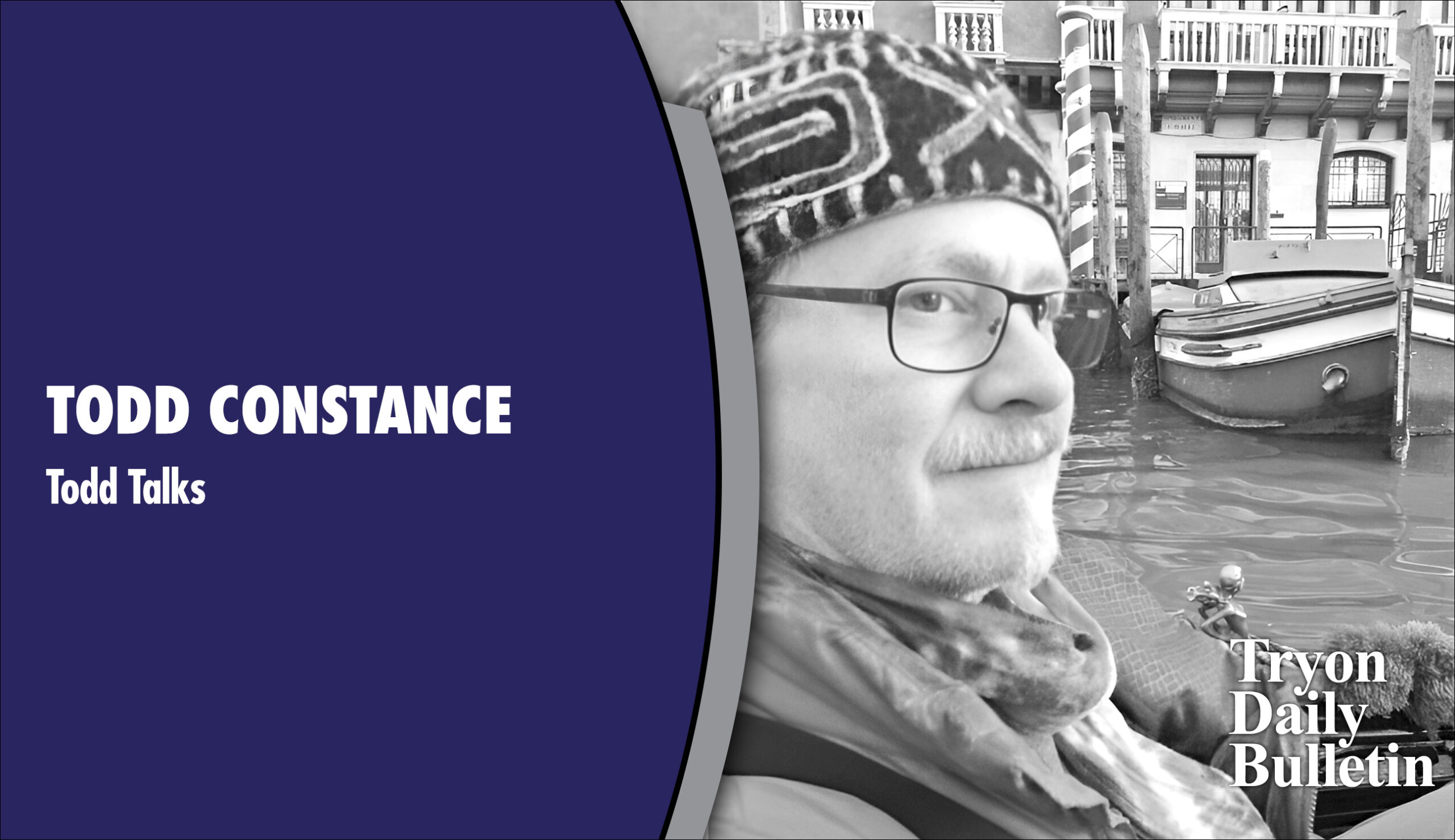Did 2008 recession ruin your retirement?
Published 10:34 am Tuesday, March 8, 2011
Perhaps you’ve never heard of the Employee Benefit Research Institute (EBRI), or know why it’s an important organization.
ERBI is a private, nonprofit research institute based in Washington, D.C., that focuses on health, savings, retirement and economic security issues.
EBRI does not lobby and does not take policy positions, but it does do research and provides some interesting information.
Trending
In January 2011, ERBI released a troubling report regarding Baby Boomers, stating that depending on your age and level of income, you could be among the 4-14 percent of Americans, who due to the 2008-2009 recession and the accompanying housing and financial crisis, may not have adequate income to cover basic expenses in retirement.
The reason ERBI states you “may not have adequate income” is because there are a lot of variables.
The most significant among those are the size of your retirement savings account balance, and even more important, how close are you to retirement age?
I’m defining retirement age as at least 66, because while you could take a reduced amount of Social Security as early as age 62 – reduced as a penalty for taking it early – or await turning 66, the minimum age you must attain to receive full Social Security benefits.
Simply stated, the closer you are to retiring, the fewer earning years you have left in which to add to your existing savings.
There are other factors that determine the financial success of your retirement. They include the amount of money you’ve been earning during your peak earning years and your financial health.
Trending
Did you set up a 401(k) with your employer, open either a Traditional or Roth IRA, or invest money in equities or create some other form of a “stash of cash” for the future?
And one of the biggest series of questions has to do with how much you owe in credit card debt, monthly overhead and whether your current budget, assuming you have one, is being met with the income you generate today, or are you already dipping into savings?
The answers to these questions will contribute the resulting answer of will I have enough money in retirement.
To recover from the losses sustained by many Americans, ERBI came up with a mathematical model to determine the percentage of additional savings people would have to add to their current nest eggs to have either a 50 percent, 70 percent or 90 percent probability of having sufficient retirement income to meet basic retirement expenditures and any uninsured health care costs for their full retirement.
I won’t bore you with those numbers, but suffice it to say the required additional savings ranged from saving an extra 3– 4 percent of your total annual compensation each year until you retire, with the higher percentage needed for those closest to retirement.
That’s bad news for a whole lot of boomers.
Did you know that the average Social Security check is about $1100/month – about $13,000 per year?
The balance of your financial needs must be met through your own personal savings. And that’s another tragic story because only 50 percent of Americans have a 401(k), and the median balance for 401(k) savings in America – that means half are higher and half are lower than the median number of $20,000.
The average 401(k) balance – the total amount of money in all 401(k) plans divided by the number of people with a 401(k) plan – is $60,000. Again, it’s not a lot for your retirement if you live for another 15-30 more years.
The intent of this column isn’t to spread doom and gloom. It’s to serve as a wake-up call, sort of a printed version that a new TV show called “Beyond Scared Straight.”
Take an inventory of your finances, and if necessary seek the assistance of a reputable professional. It’s up to you to do the best you can to secure that future.
Ron Kauffman is a Geriatric Care Manager and Certified Senior Advisor. He is the author of Caring for a Loved One with Alzheimer’s Disease, available at www.seniorlifestyles.net. He can be reached by email at drron407@bellsouth.net.





